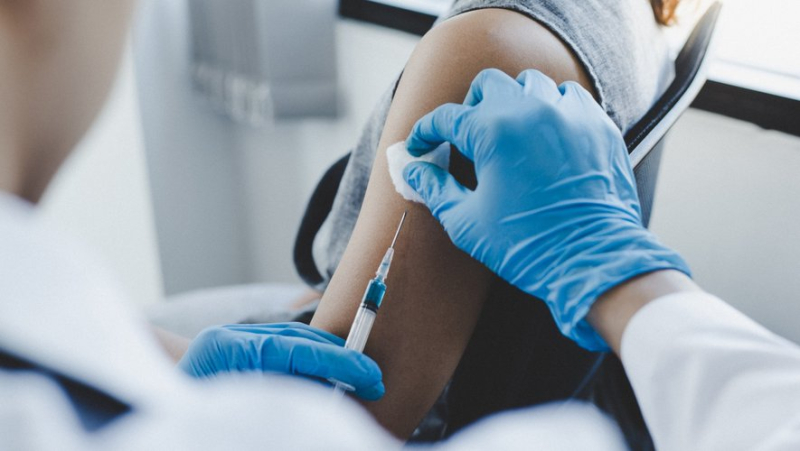Anti-HPV vaccination: are the French well informed about the risks their children run ?

Vaccination anti-HPV : les Français mieux informés ?
According to the results of an Ipsos barometer for the MSD laboratory, mothers of adolescents say they are increasingly better informed about papillomaviruses as well as vaccination. But in reality, many preconceived ideas continue to circulate.
In France, vaccines against human papillomavirus (HPV) are recommended from ages 11 to 14, for both girls and boys. To strengthen access to this immunization, a widespread vaccination campaign was launched in middle schools for 5th grade students. This made it possible to protect around 117,000 young people aged 12.
However, are the French well informed about HPV, the risks their children run… ?
On the occasion of European Vaccination Week which will be held from April 22 to 28, the Ipsos institute unveils the results of a barometer commissioned by MSD, around perceptions of mothers of adolescents in the prevention of HPV-related diseases.
First encouraging result, if 56% of mothers considered themselves well informed last year, today it is 70%. This statistic nevertheless needs to be qualified as preconceived ideas persist.
Thus, regarding the damage caused by HPV, three out of four mothers clearly cite cervical cancer. On the other hand, other forms of cancer (vagina, penis, anus, oropharynx) are much less well identified. And only two in ten people cite genital warts as a disease caused by human papillomaviruses.
HPV, viruses that don't just affect others
Other lesson: if more than 80% of respondents perceive HPV as "widespread", 50% of respondents think that their child is at no risk.
Furthermore, the authors of the barometer note a gap between the proportion of mothers hesitant to vaccinate their child, depending on whether they are a boy or a girl. One mother in four is hesitant about boys compared to one mother in ten for girls. However, as Dr Christophe Hommel, head of the international vaccination center at Strasbourg University Hospital, points out, "we need to be aware that their boy can on the one hand contract the virus, but also that he could potentially be affected by cancer linked to the HPV virus.
The pharmacist, actor in vaccination
Alongside the implementation of the generalized vaccination program, another measure aimed at improving the vaccination rate is largely ignored: the possibility for pharmacists to vaccinate without going through the " doctor". Thus, two out of three French women are not aware even though they consider the option relevant once informed.
Note: "Several factors motivated the the decision to focus on mothers to collect the data for this barometer, explains the Ipsos institute. "The first is to maintain the continuity of the study which has been carried out since 2017, which is crucial for monitoring changes in attitudes and behaviors linked to vaccination. In addition, mothers still say they are primarily responsible for the health of their children. This reality persists despite progressive changes in fathers' parental responsibilities".




